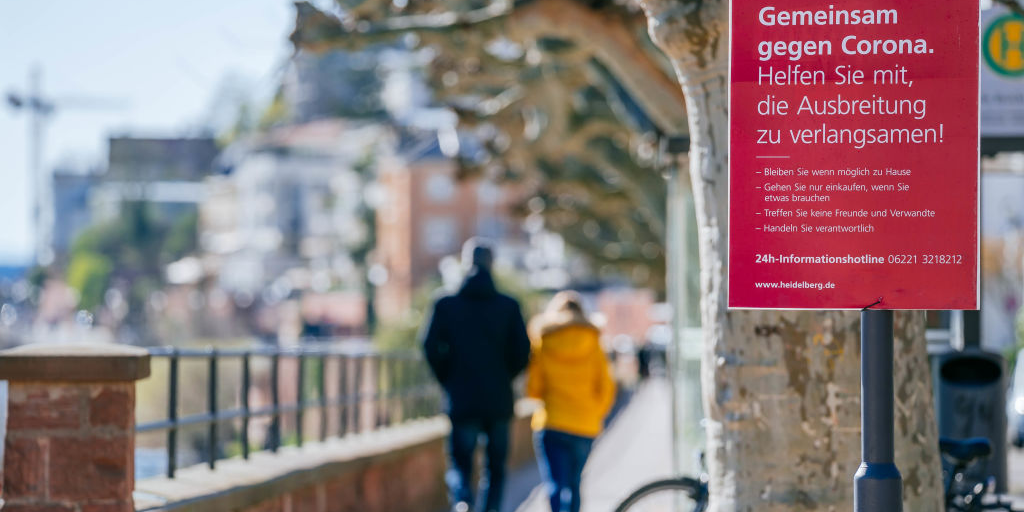- Germany is banning gatherings of two or more people in a crackdown on the novel coronavirus outbreak.
- Prime Minister of North Rhine-Westphalia Armin Laschet said in a Sunday press conference that the government was aiming to cut down on contact between Germans outside of their immediate families until April 19 at the earliest.
- The announcement came as the country had 23,921 identified cases and 92 deaths, part of the virus’ rapid spread across Europe.
- Visit Business Insider’s homepage for more stories.
German authorities announced a ban on gatherings of two or more people as the country scrambles to address the novel coronavirus outbreak.
In a press conference aired Sunday evening local time, Prime Minister of North Rhine-Westphalia Armin Laschet said the government was aiming to cut down on contact between Germans outside of their immediate families and the policy would be enforced by police and local authorities.
The ban, which does not apply to families, would be take effect on March 23 until the Easter holidays around April 19, and violators could expect fines up to 25,000 EUR (26,908.75 USD,) Laschet said.
It was also announced that services like hairdressers, salons, tattoo studios, and massage parlors would be closed. Laschet stopped short of issuing a curfew and confirmed food delivery and takeout, in addition to necessary resources like medical centers and grocery stores would remain open.
The rules were decided at a Sunday afternoon meeting between Chancellor Angela Merkel and the heads of Germany's 16 states. In a press conference after Lascher's remarks, Merkel emphasized that the government strongly encouraged those in Germany to stay in their homes, and when in public, keep a space of at least 1.5 meters from other people.
Bloomberg reported that a person familiar with her thought process told the outlet that the decision came after much tension among the German states, as Chancellor Angela Merkel did not want to pursue a lockdown for fear "that such a measure could backfire, but wants a more coordinated approach on restrictions to public life."
As of March 22, the country had 23,921 identified cases and 92 deaths. The move came days after Helge Braun, Merkel's chief of staff, told German newspaper Der Spiegel that authorities were closely monitoring citizens over the weekend for guidance on whether or not to impose harsher restrictions on gatherings.
"People traditionally arrange to meet each other on Saturdays because they have the day off," Braun told the outlet. "But this unfortunately isn't possible outside of the nuclear family right now. We have to stop meeting up with other people. If that doesn't happen, decisions will have to be made by the federal states that we would prefer to avoid."
Merkel previously issued a warning to members in Parliament, saying that 60% to 70% of Germans could contract the coronavirus at some point, according to Bild.
The new restrictions are in line with responses from the country's European neighbors after the virus spread quickly to nearby countries like Italy, the most-affected country outside China with more than 53,500 cases and over 4,800 deaths.
Read more:
London goes into lockdown: Here's what we know about how the coronavirus is shutting down the city

